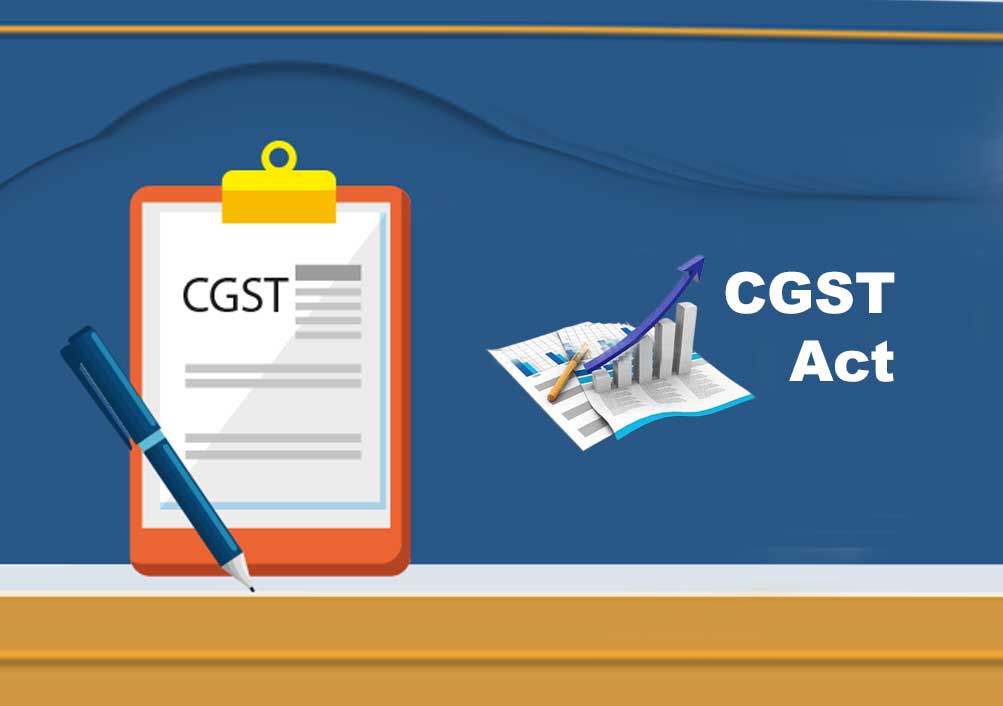In WPA 1219 of 2023 – CAL HC- Calcutta High Court rules Section 129 of CGST Act inapplicable for determining tax due; Grants interim relief, orders release of petitioner's vehicle upon payment of disputed demand, excluding CESS Amount
Justice Krishna Rao [13-06-2023]

Read Order: Gurbux Singh Gupta v. State of West Bengal & Ors
Chahat Varma
New Delhi, June 27, 2023: In a temporary respite granted to the petitioner while the case was being adjudicated, the Jalpaiguri bench of the Calcutta High Court has issued an interim order, directing the respondent authorities to release the petitioner's vehicle upon payment of the disputed demand, excluding the CESS amount. In addition, the petitioner has been instructed to provide a bank guarantee for the CESS amount arising from the impugned demand, subject to the satisfaction of the respondent authorities.
The issue involved in the present case was that the petitioner located in Mumbai purchased a second-hand car from shifting gear in Assam. During transportation, the vehicle was intercepted by respondent no. 2 at Hasimara, along with three other cars. Subsequently, Form GST MOV 6 was issued due to discrepancies found in the document provided for the intercepted second-hand car. It was considered invalid and incomplete. On May 23, 2023, Form GST MOV 07 was issued, stating that the tax invoice provided by the petitioner was invalid and violated Rule 46 (e, g, k, l, m, n, and q) of the Central Goods and Services Tax (CGST) and West Bengal Goods and Services Tax (WBGST) Rules. It was also noted that no e-way bill had been generated, and transporting taxable goods without valid documents was deemed a contravention of Section 68 (1) read with Rule 138A of the CGST and WBGST Act and Rules of 2017, as well as Section 20 of the Integrated Goods and Services Tax Act. On May 30, 2023, Form GST MOV 09, an order of demand and penalty, was issued by respondent no. 2, demanding a penalty of Rs. 33,82,000 under Section 129 (1) (a) of the Act in connection with the detained second-hand car.
The bench observed that the respondents had determined the tax liability and penalty solely under Section 129 of the Act, which was not intended or contemplated. The bench pointed out that Section 129 does not provide for the determination of tax due; such determination can only be done by referring to the provisions of Section 73 or 74 of the CGST Act, as the case may be.
The bench found that the petitioner had raised issues regarding jurisdiction, authority, and the actions of respondent no. 2. The bench recognized that there were pure questions of law related to the interpretation of Section 129 of the Act of 2017 and other provisions of the Act. It was also noted that the issue of whether the valuation of goods could be included for imposing penalty CESS and whether the penalty amount could be based on the margin of sale of a second-hand car was in question. The court concluded that the issues raised required final adjudication after giving an opportunity to the respondents to file an affidavit.
Sign up for our weekly newsletter to stay up to date on our product, events featured blog, special offer and all of the exciting things that take place here at Legitquest.




Add a Comment